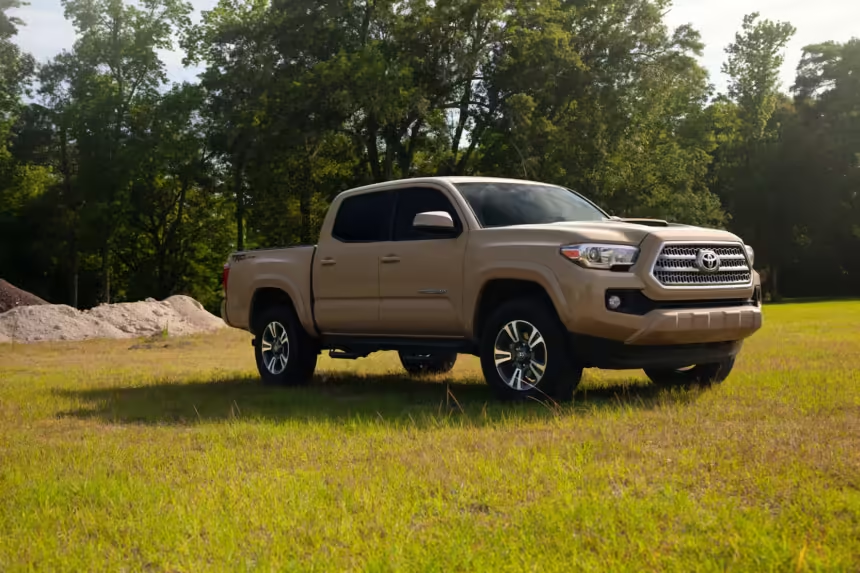It’s always a little scary when you realize that it’s time to upgrade or fix your truck, especially as a new owner. There’s an overwhelming amount of advice out there, and almost every point seems to be worth listening to. Replacing or upgrading a truck engine is one of these situations because it’s kind of like getting a heart transplant for your truck.
Engines are known to be reliable and rarely need as many repairs as other parts. Did you know that engines like the Tundra 5.7 V8 have the lowest repair rate among all truck engines? Yet, other factors can make a replacement necessary. In this article, let’s look at what you, as a new truck owner, should be keeping in mind when switching engines.
1. Ensure the Swap Doesn’t Affect Other Dynamics
One aspect that new truck owners tend to miss is just how much an engine affects other factors of your vehicle. When you swap out one engine for another, you are likely going to see a host of side effects, some minor, others, more significant. For instance, your truck has gotten a little long in the tooth, and you decide to upgrade to an engine manufactured in 2024.
Modern engines are increasingly being made with aluminum alloys, and many models are designed with weight reduction in mind. This can change the way your truck handles and make it more maneuverable. At the same time, you might run into balancing issues and warrant additional changes to suspension.
Similarly, you might get a lot of advice online about opting for lighter and more modern engines. However, you will also have to consider the possibility that it might mean more cooling when compared to heavier engines. These points don’t sound that important individually, but most people want to ensure they consider as many angles before spending their hard-earned money.
2. Don’t Discount Used Engines
Most people’s first trucks are a Ford, and for good reason. They have a gargantuan market presence and have a reputation for being reliable. Many seasoned truck owners swear by their older models, particularly those made right up to 2003, which came with the 7.3 Powerstroke engine. Surprisingly, you can still find 7.3 powerstroke parts being sold today because of how good an engine it is.
As Diesel Power Products states, it remains a favorite among enthusiasts because of its durability. Sometimes, you have to appreciate that the latest engines don’t have to be the default buy. So if you see a lightly used 7.3 power stroke and you also happen to have a compatible Ford model, do give it a second look. You might just fall in love with the engine’s character like so many others have.
Not only were some of the older engines incredibly well made, but when you buy used, you also save a lot of money! So if you’re on a budget, it makes perfect sense, especially when you consider that old engines are like proven warhorses. If you find a seller who has taken care of it, you can be sure the engine will continue to put in years of hard work for you as well.
3. Stop Looking for the Unicorn
Upgrading and maintaining your truck tends to become a rather expensive hobby if you aren’t careful. As a result, keep a close eye on your expectations. A lot of new truck drivers join online communities and read about how a certain configuration offers the best experience and feel tempted.
However, you have to remember what your goal is when it comes to upgrading an engine or any other part for that matter. Are you replacing it because your current one has an issue? If you have taken it to a mechanic and they can’t fix it properly, then yes, getting a new one makes sense.
That said, if it’s more of an impulse upgrade and your current engine works just fine, then take a step back. Think it over a little more. Remember that every engine has its unique quirks and character. It’s likely that even after upgrading to a new engine, you will feel like something could be better. You might end up spending huge amounts of money, but there are still going to be things you wish you could upgrade.
In short, replacing a truck engine is a big decision that you should really be thinking about carefully. Engines are designed to last a lifetime, but problems can still occur or you might need more power. Those are legitimate reasons to upgrade. Just stay focused on what really matters to you because there’s always a shinier option out there.
If cash is short, it might be smarter to stick with your current engine. Take good care of it, keep spare parts handy, and either learn some maintenance skills or find a reliable mechanic you can trust. After all, it’s your money, and new engines aren’t cheap, so make the choice that’s right for you.






